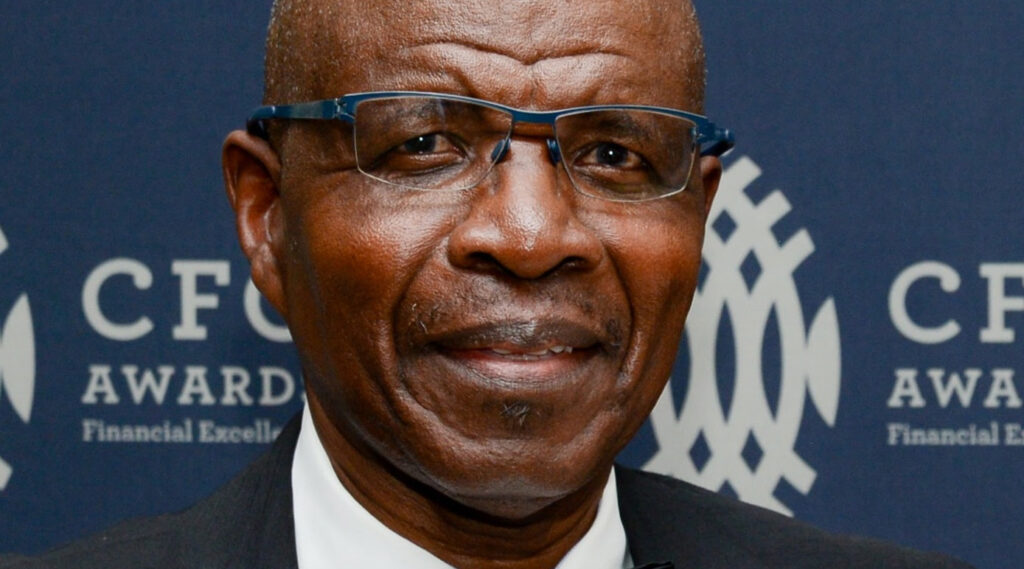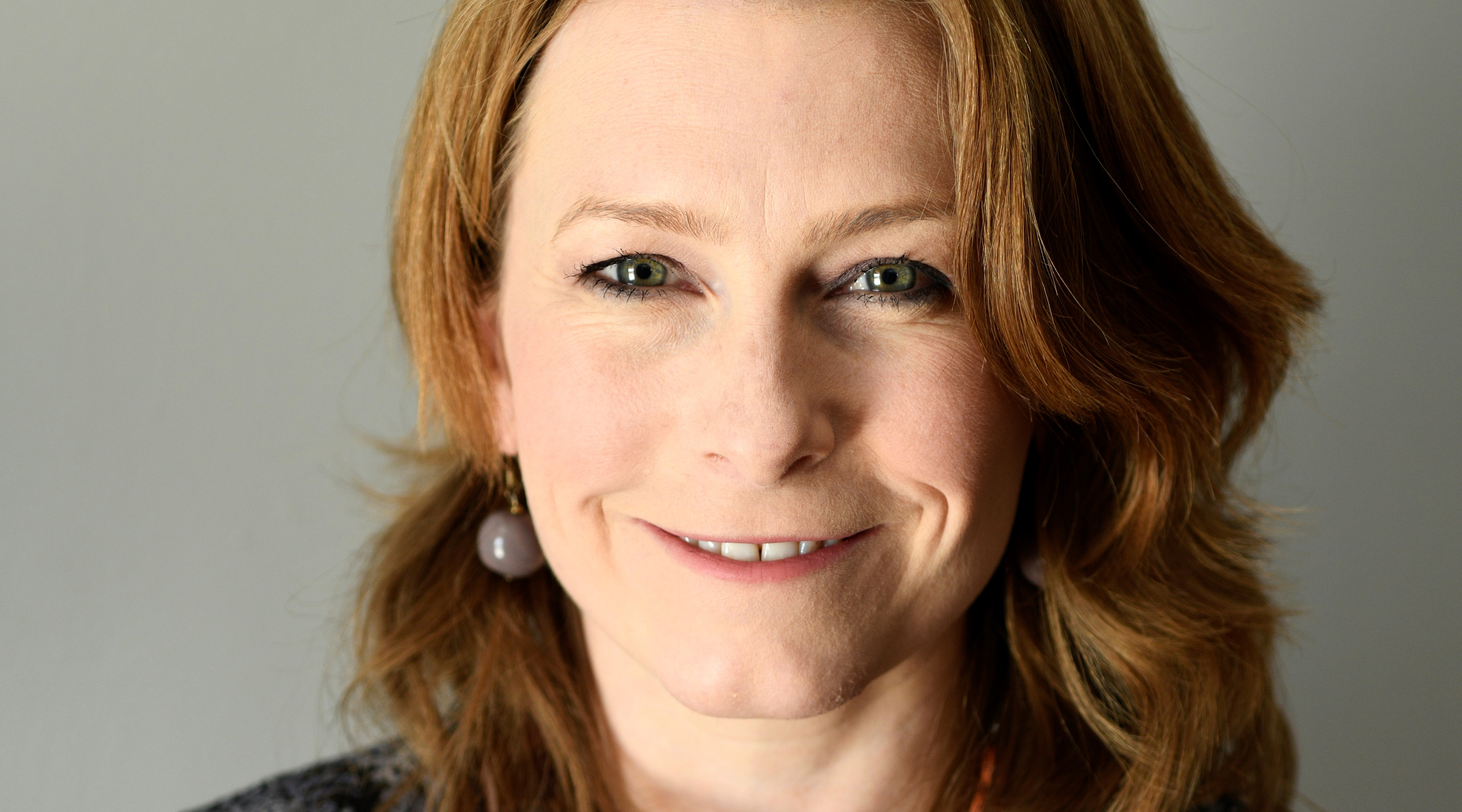Prof Wiseman says there should be consequences for unethical conduct and complicity in fraudulent activities.
This Future of Audit series is proudly brought to you by ACCA.
Professor Wiseman Nkuhlu, chairman of the board at KPMG South Africa, says his primary concern when it comes to the future of audit is to restore trust in the profession. “There needs to be a restoring of pride in the social purpose of audit,” he says. “For us to continue doing the great things that we've done as human beings, we have to work through organisations, collaborating together. And that requires trust. Auditors play an important role in enhancing trust of an organisation. We must just get that back in terms of restoring the pride in the audit profession. And auditing firms should take voluntary responsibility for restoring that trust.”
Prof Wiseman was the first black African in South Africa to qualify as a chartered accountant CA(SA) and has contributed enormously over the course of his career, not only to business in South Africa, but also to education and development. He is the chancellor of the University of Pretoria, a member of the advisory board of the South African Institute of Chartered Accountants (SAICA), and the chairman of the board at KPMG South Africa.
KPMG South Africa has certainly been walking the talk when it comes to working to restore trust, and Prof Wiseman has helped to steer this process. The firm’s reputation was severely tarnished after it came to light that senior partners at the firm, which had audited Linkway Trading, a company owned by the controversial Gupta family, appeared to have been aware that Gupta businesses had categorised family wedding costs as business expenses, for tax deduction purposes. Although the auditor was not found to have engaged in fraud, corruption or illegal activity, the negative perceptions remained. KPMG South Africa subsequently embarked on a comprehensive renewal plan, which is when Prof Wiseman was brought on board as chairman.
“We said, first we must make sure that the leadership at the top is the kind of leadership that will set the right tone on integrity and quality,” he says. “We also needed to accept that firm has a role beyond just commercial success. It also needs to make sure that in its capacity as an auditor, its power is not used to cause harm to society.”
This core belief in the social role of the business underpins every aspect of the renewed KPMG South Africa, from hiring practices, to corporate governance and even its business model. A Board Oversight Committee on Public Interest and Ethics has been appointed and is chaired by an independent non-executive director. “This is to make sure that the matter of serving the public interest is paramount,” says Prof Wiseman. “The tendency is for audit firms to highlight primarily their capabilities to design and deliver smart and innovative solutions to their clients and not say much about their social role to serve the public interest through enhancing trust in financial reporting and capital markets.”
In February 2021, KPMG South Africa also announced that it will cease providing non-audit-related services to all JSE-listed audit clients, with effect from 31 March 2021. Prof Wiseman explains that this was done to address the issue of auditor independence in the public’s view, although the provision of non-audit services to listed clients is highly regulated. Rather than stick to the letter of the law, KPMG South Africa wants to lead the way and set the bar in improving public perception of the audit profession.
Ethical auditors for the future
Prof Wiseman believes that instilling an understanding of business’s role in society needs to happen not only within industry, but in education too. He says that over the past few decades, business qualifications have become very focused and narrow, shaped predominantly around teaching techniques for extracting value and maximising shareholder profits. “There is very little about the social sciences or people in the courses,” he says.
“We need to find a way of bringing those into the B.Com and MBA courses. Just teaching ethics on their own without linking it to the need for why you’d want people to be ethical (for the sake of sustainability) doesn’t work. It's when you care about the fears and concerns of others, that you can sustain whatever you do in the longer term. We must not teach ethics for the sake of ethics, but because ethics are about the greater good.”
This approach, he believes, will help to shield society from the man-made disasters that rampant greed and a narrow focus on maximising self-interest can cause. He cites financial crashes and climate change as examples of these.

Balancing carrot and stick
Prof Wiseman believes that creating a future where audit is esteemed and valued means putting in place mechanisms to encourage good behaviours and prevent bad ones. He believes it would be naïve to expect everyone to act in the greater good at all times – a misunderstanding of the human condition. People, he says, are motivated both by a fear of shame and a promise of praise.
“What really directs people’s behaviour is partly a question of fear of disgrace or fear of being seen as less than the professional they think they are by their peers,” he explains. “And the other thing that really make people behave is fear of consequences. Therefore, in addition to reinvigorating pride in the audit profession, there should be severe consequences for unethical conduct and complicity in fraudulent activities and corruption.”
He suggests that professional bodies have a major role in instilling pride and desire for recognition and admiration for integrity and excellence in their members. They play their role in setting up codes of ethics, encouraging and rewarding exemplary behaviours, and generally setting the right tone. On the other side of the coin is industry regulation and the justice system.
“I cannot overemphasise the need for effective courts and adequate criminal justice,” he says. “We also need an effective, well equipped Independent Regulatory Board for Auditors (IRBA) in the country. Along with all the guidance that we provide, when there are those who will still break the rules, and prove themselves to be unethical and who cause harm to others, there must be consequences for these perpetrators. There are always those who take their chances if the consequences are not there.”
This, he says, means the IRBA must be properly equipped in terms of competent staff at the right levels, with the competencies for investigations and for effectively monitoring the standards in the profession.
“All of us must pull in the same direction,” he stresses. “If you say that you're an auditor, you want people to respect you and that you can be trusted to deliver an audit of the highest standard and not turn a blind eye to wrongdoing. That respect is what motivates you to have courage to do the right thing.”









